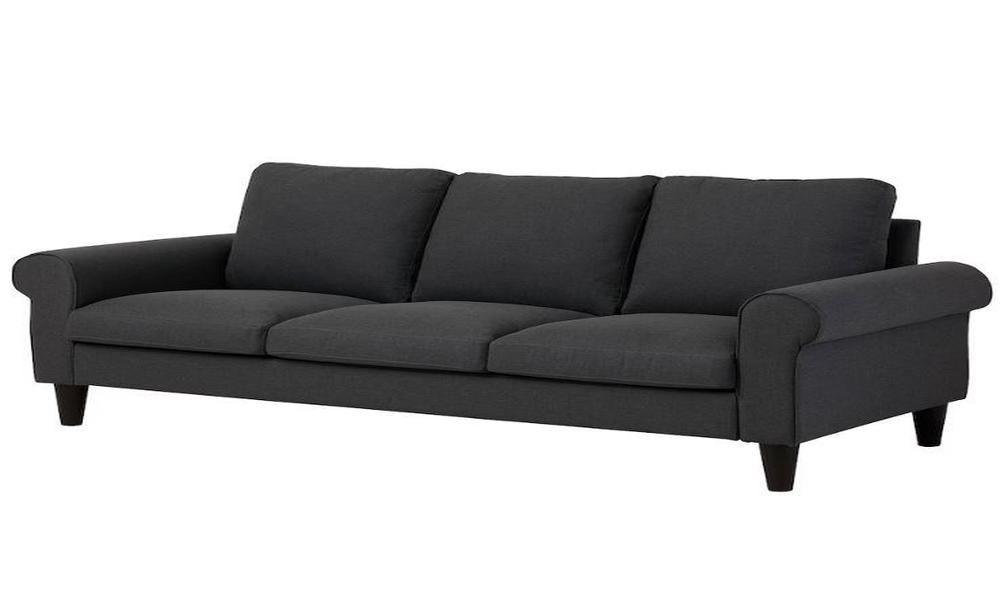Before we delve into the details of sofa repair, let us first discuss why it is beneficial to repair your sofa instead of replacing it. Here are some of the main advantages of sofa repair:
- Cost-effective: Sofa repair is usually cheaper than buying a new sofa, especially if your sofa is of high quality or has sentimental value.
- Environmentally friendly: Repairing your sofa reduces waste and conserves resources, as it prevents the need for new materials and production.
- Customizable: When you repair your sofa, you have the option to customize it to your liking, such as changing the fabric, color, or design.
- Convenient: Sofa repair can be done at your home or a repair shop, depending on the extent of the damage and your preference.
What Types of Sofa Repairs Are There?
Now that we have established the benefits of sofa repair, let us explore the various types of repairs that can be done. Depending on the type and extent of the damage, you may need one or more of the following repairs:
- Upholstery repair: This involves fixing or replacing the fabric or leather covering of the sofa. Common issues include tears, stains, fading, and sagging.
- Cushion repair: This involves fixing or replacing the foam, springs, or stuffing inside the cushions of the sofa. Common issues include flattening, sagging, or lumps.
- Frame repair: This involves fixing or replacing the wooden or metal frame of the sofa. Common issues include cracks, splits, or broken parts.
- Recliner repair: This involves fixing or replacing the mechanisms that enable the sofa to recline. Common issues include stuck or loose parts or failure to recline.
- Electrical repair: This involves fixing or replacing the electrical components of the sofa, such as the massage or heating function. Common issues include malfunctioning or dead components.
Should You Repair Your Sofa Yourself or Hire a Professional?
Now that you know the types of repairs that are available, the next question is whether you should attempt to repair your sofa yourself or hire a professional. Here are some factors to consider:
- Skill level: If you have experience in DIY repairs and are comfortable working with tools and materials, you may be able to handle some basic repairs yourself.
- Time and effort: Sofa repair can be time-consuming and require effort, especially if the damage is extensive. Consider whether you have the time and energy to commit to the repair.
- Safety: Some sofa repairs, such as electrical or recliner repairs, may involve safety hazards or require specialized tools or knowledge. Consider whether it is worth risking your safety or damaging the sofa further.
- Cost: DIY repairs may be cheaper than hiring a professional, but they may also result in lower quality or incomplete repairs. Consider whether it is worth saving money in exchange for a potentially subpar repair.
sofa repair is a cost-effective, environmentally friendly, and customizable option for restoring your sofa to its former glory. Whether you choose to repair your sofa yourself or hire a professional, it is important to consider the type and extent of the damage

